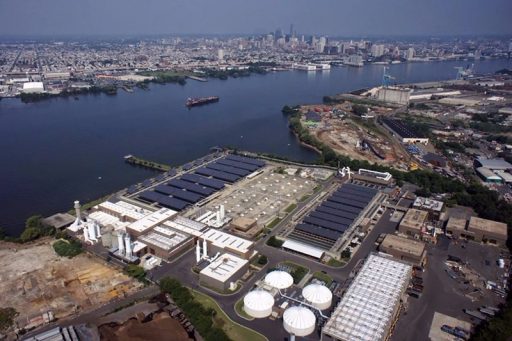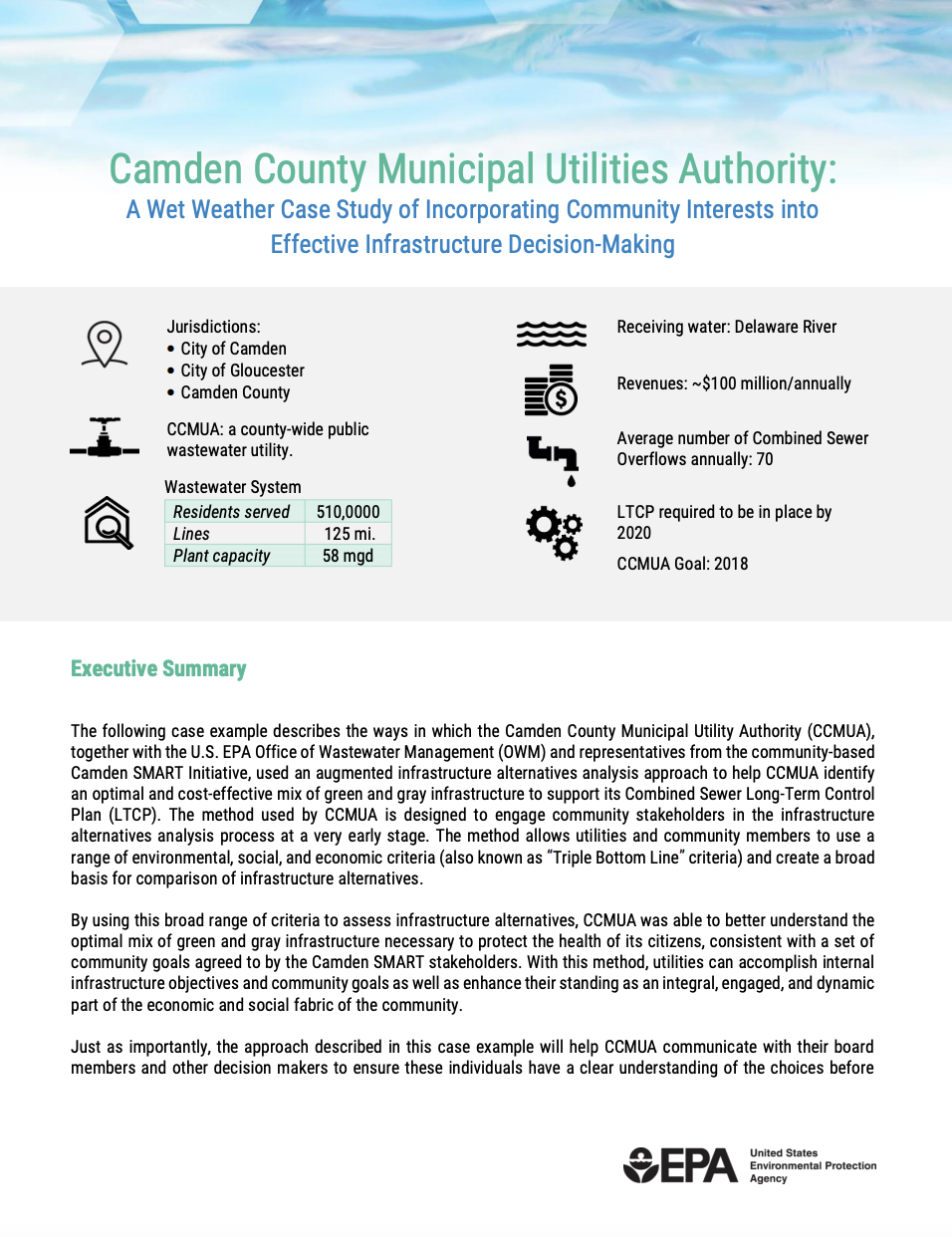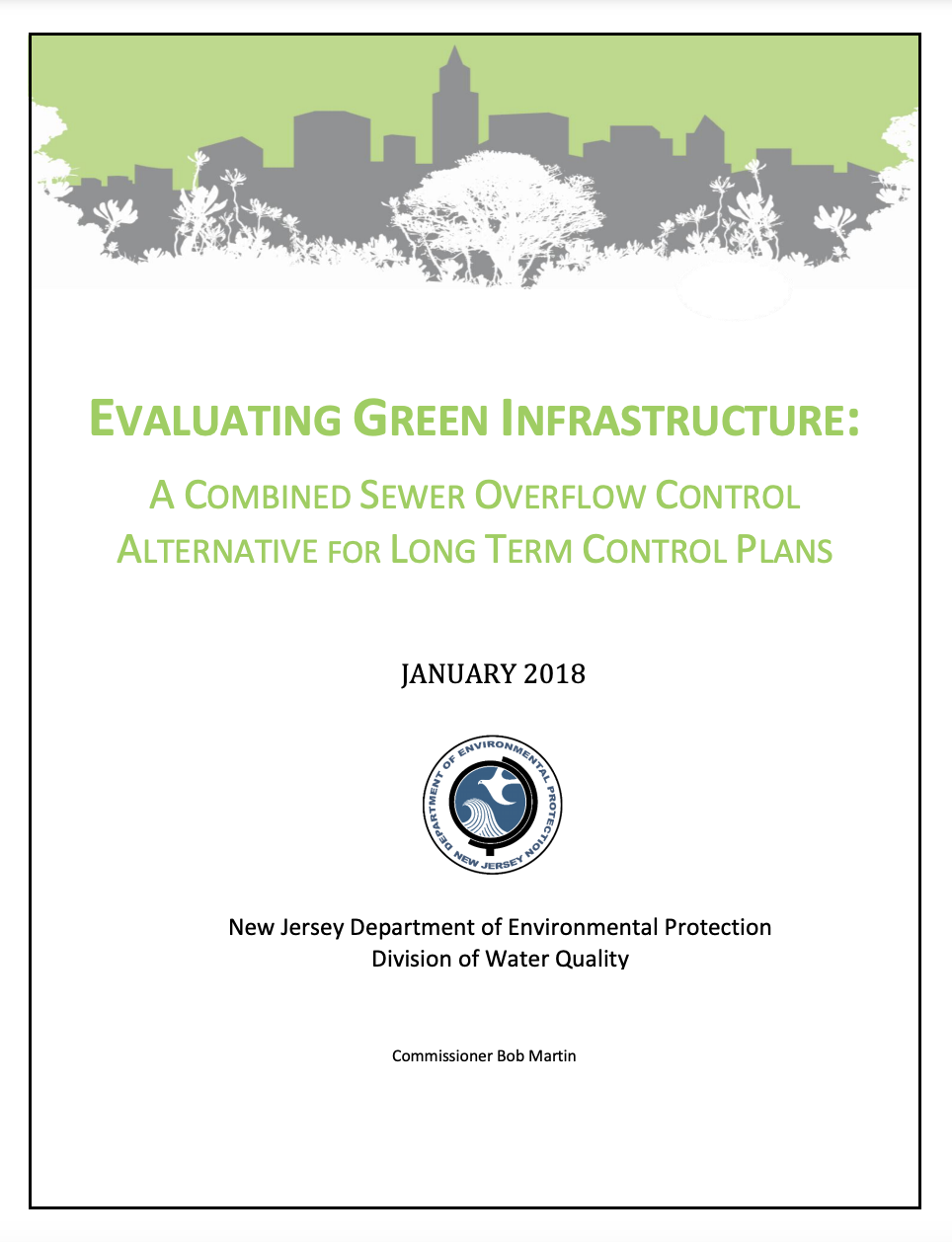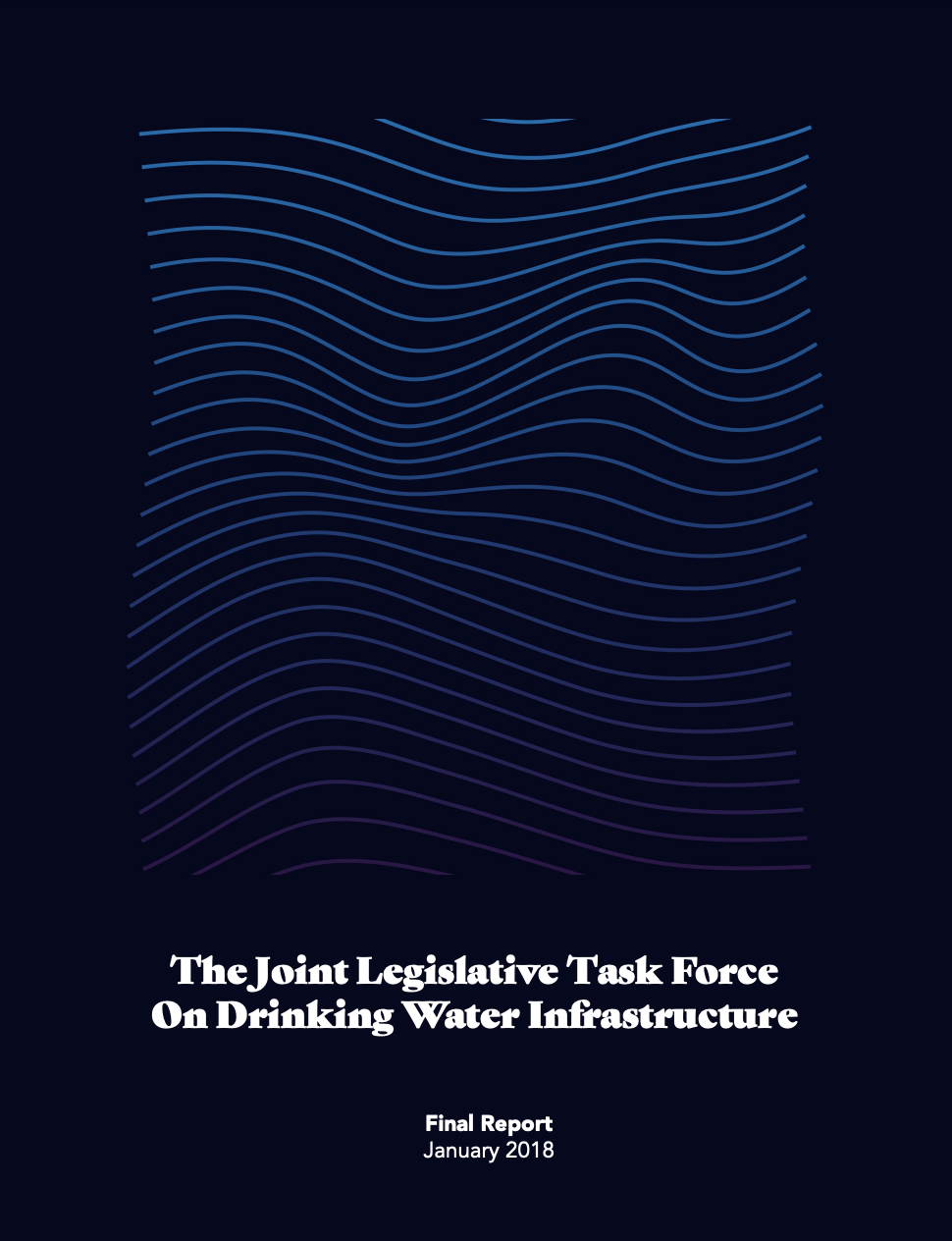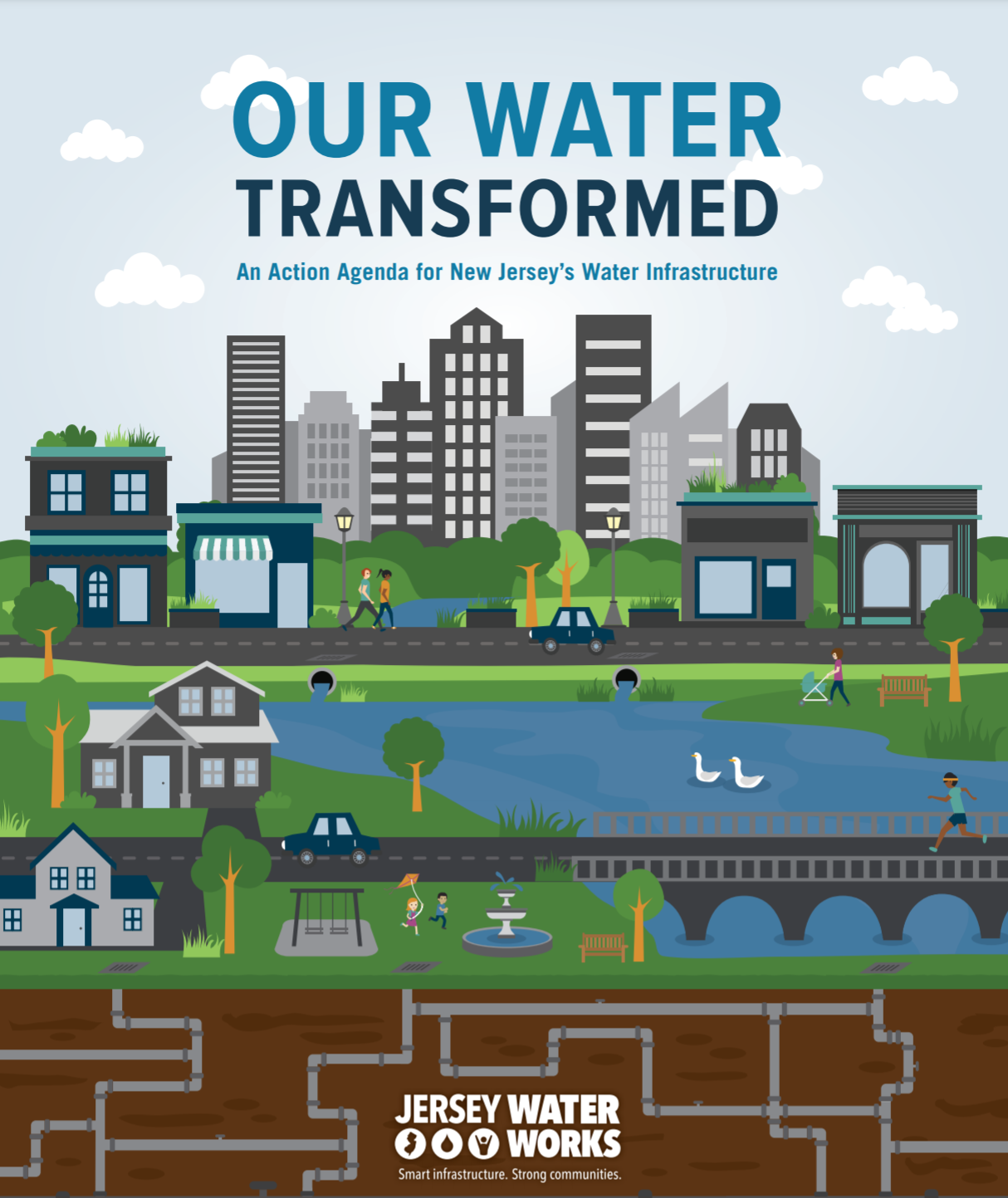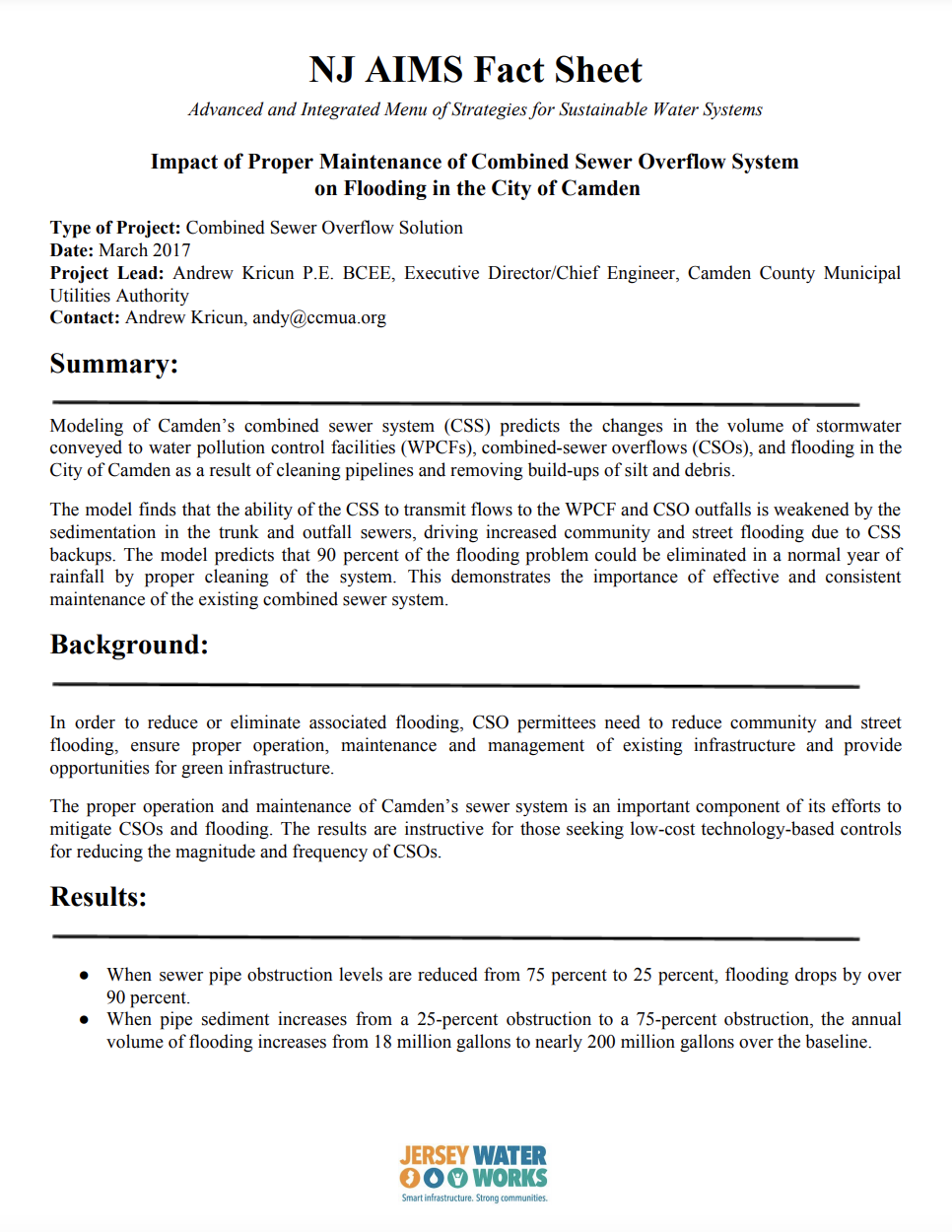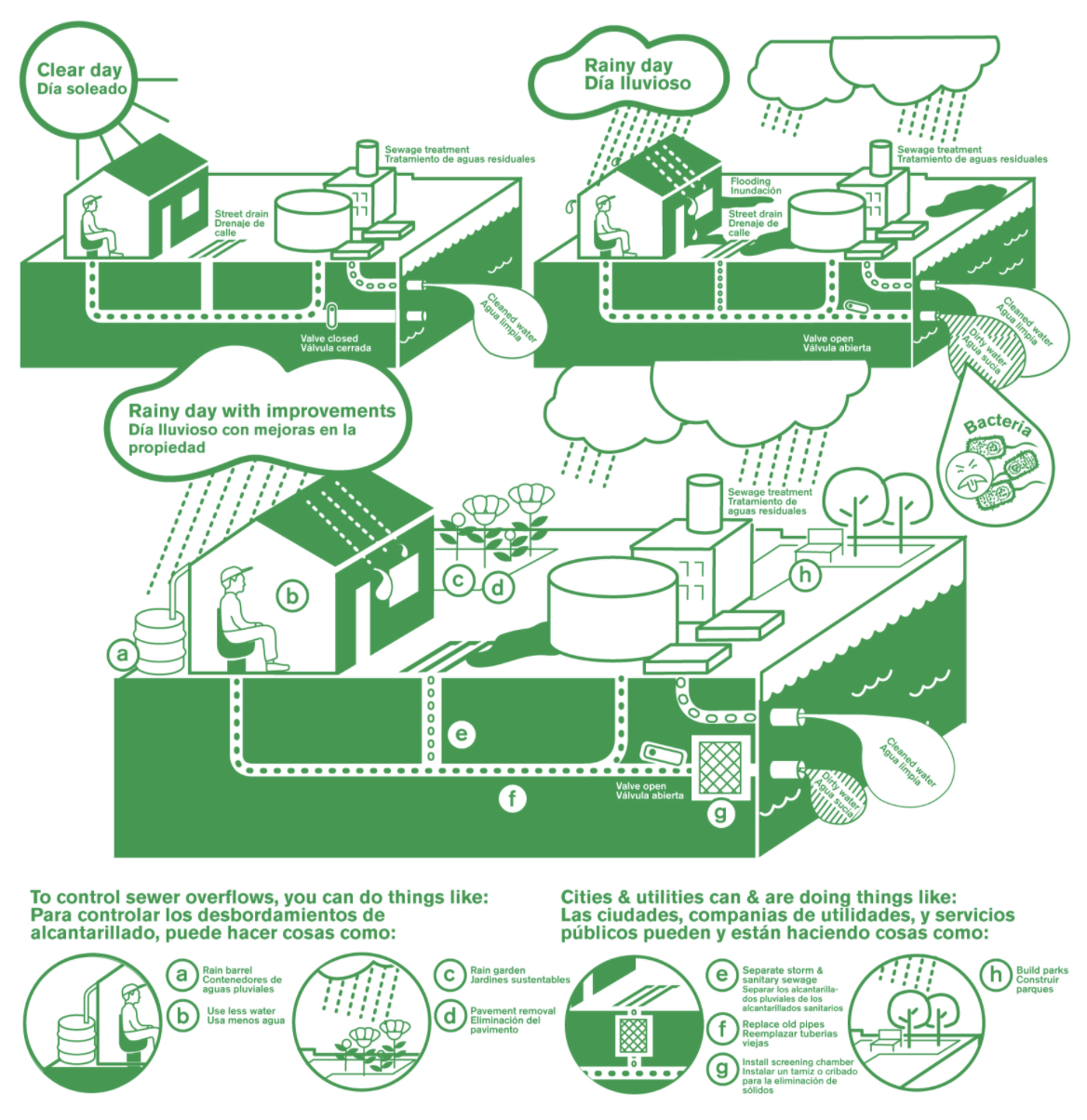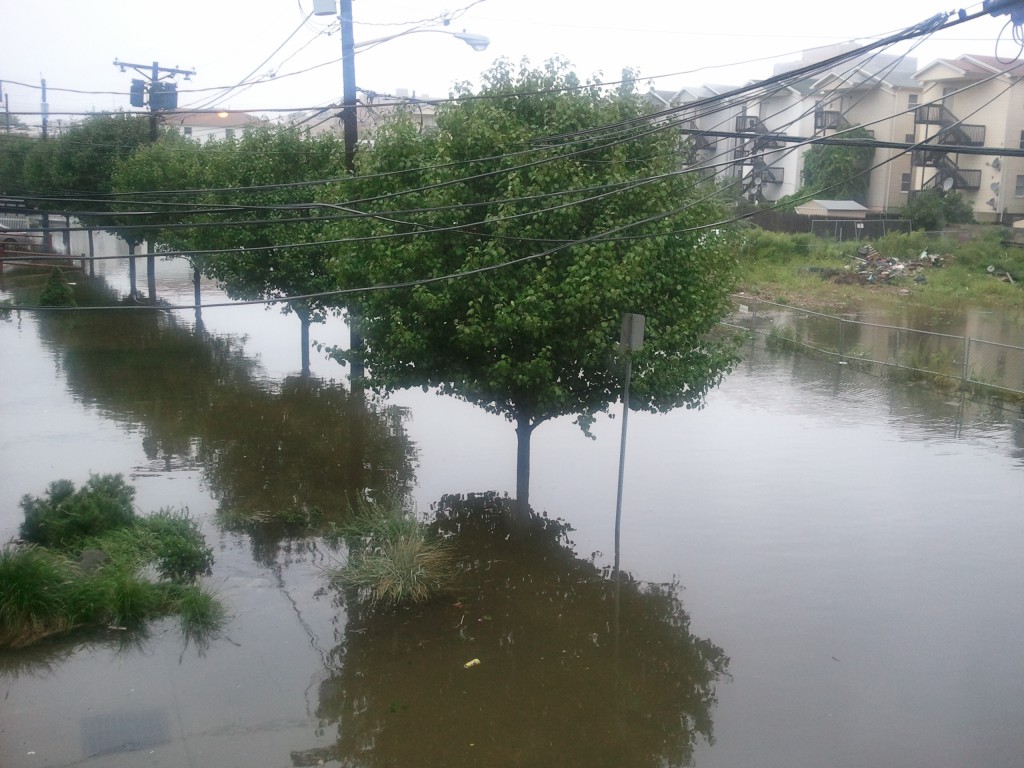New Jersey municipalities with combined sewer systems just got a little closer to reducing the amount of raw sewage being dumped into our waterways. July 1, 2018, marked the end of the first three years of the combined sewer overflow (CSO) permits that were issued to 21 municipalities and four utilities by the New Jersey… Continue reading Combined Sewer Permit Holders Meet Report Deadline
Topic: Smart CSO Control Plans
What’s Next for Jersey Water Works Committees?
New Jersey’s summer has been filled with the kind of hot, humid days that just scream for slowing down, finding a shady spot, and sipping an ice cold beverage. Yet in the (well air-conditioned) rooms at the Robert Wood Johnson Conference Center in Hamilton, Jersey Water Works’ committees were doing anything but slowing down. Members… Continue reading What’s Next for Jersey Water Works Committees?
Expert Opinions: Interview with Andy Kricun, Camden County MUA
Q: How has CCMUA changed its approach to water and wastewater management over the years? A: Traditionally, the goal of a utility has been to “meet the permit” where water has to be treated to minimize the level pollutants to a certain permissible level. Permit compliance was the ceiling of accomplishment and aspiration. At CCMUA we look… Continue reading Expert Opinions: Interview with Andy Kricun, Camden County MUA
CCMUA: Incorporating Community Interests into Effective Infrastructure Decision-Making
This 2018 case study, CCMUA: Incorporating Community Interests into Effective Infrastructure Decision-Making, describes the ways in which the Camden County Municipal Utility Authority (CCMUA), together with the U.S. EPA Office of Wastewater Management and representatives from the community-based Camden SMART Initiative, used an augmented infrastructure alternatives analysis approach to help CCMUA identify an optimal and cost-effective mix of… Continue reading CCMUA: Incorporating Community Interests into Effective Infrastructure Decision-Making
Evaluating Green Infrastructure: A Combined Sewer Overflow Control Alternative for Long Term Control Plans
The intent of this document, Evaluating Green Infrastructure: A Combined Sewer Overflow Control Alternative for Long Term Control Plans, is to provide guidance to Combined Sewer Overflow (CSO) permittees within the State of New Jersey to evaluate green infrastructure (GI) as part of their Long Term Control Plans (LTCPs). LTCP implementation will be a long and expensive… Continue reading Evaluating Green Infrastructure: A Combined Sewer Overflow Control Alternative for Long Term Control Plans
Joint Legislative Task Force on Drinking Water Infrastructure’s Final Report
The Joint Legislative Task Force on Drinking Water Infrastructure convened on Jan. 8, 2018, and voted unanimously to adopt the findings and recommendations in its report. In response to concerns over the condition of the State’s drinking water infrastructure, on Jun. 30, 2016 the Legislature passed Senate Concurrent Resolution No. 86 and Assembly Concurrent Resolution… Continue reading Joint Legislative Task Force on Drinking Water Infrastructure’s Final Report
Our Water Transformed: An Action Agenda for New Jersey’s Water Infrastructure
The report, Our Water Transformed: An Action Agenda for New Jersey’s Water Infrastructure, offers an in-depth understanding of the state’s water infrastructure and the context for improvement, provides clarity on how Jersey Water Works has brought so many stakeholders together to affect change, and outlines a consensus-based “action agenda” with three practical solutions: Robust asset management to… Continue reading Our Water Transformed: An Action Agenda for New Jersey’s Water Infrastructure
Impact of Proper Maintenance of Combined Sewer Overflow System on Flooding in the City of Camden
This fact sheet was prepared in 2017 by Jersey Water Works’ Best Practices Committee (committee later renamed). It summarizes a case study performed by CDM Smith, an engineering firm, and commissioned by the Camden County Municipal Utilities Authority. The was predicted by modeling Camden’s combined sewer system (CSS) and measuring the changes in the volume… Continue reading Impact of Proper Maintenance of Combined Sewer Overflow System on Flooding in the City of Camden
Educational Signs on Combined Sewer Outfalls
The Jersey Water Works Community Engagement Committee has developed graphics for signage that can be used by combined sewer system cities and towns, organizations, and individuals to educate the general public on combined sewer overflows. These images have been approved by the NJDEP for permit holders to use to help fulfill their NJ CSO permit… Continue reading Educational Signs on Combined Sewer Outfalls
Three New Jersey Cities Use Citizen-Powered Initiatives to Tackle Stormwater Runoff
In New Jersey, our oldest cities and towns are facing a crisis. Dense development, roads and parking lots mean that there are few natural areas to absorb stormwater runoff, and climate change has intensified precipitation events. The result- cities across the state are susceptible to major flooding, sometimes after even modest rain events. The problem… Continue reading Three New Jersey Cities Use Citizen-Powered Initiatives to Tackle Stormwater Runoff


